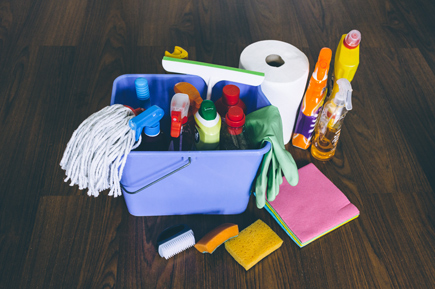In New Zealand and the world over, restaurateurs always took hygiene standards quite seriously. They were perhaps only second to surgeons.
Given the health implications related to poor sanitation, they had to.
But 2020 has brought a unanimous truth for all foodservice industry stakeholders.
The unfortunate reality of Covid-19 is here. Hygiene and sanitisation standards must now evolve to stellar levels.
Minimising instances of contamination while maximising sanitisation efforts is the only goal.
Restaurant customers are understandably wary. Eating out or even ordering-in is less fun because of fear. It is, therefore, more essential to focus on maintaining high-level cleanliness.
Aside from the health benefits, this is one way to instil trust and confidence in customers. This maintains a positive brand image for a restaurant.
Washroom cleanliness in a restaurant has a big impact on its bottom line.
Studies show that poor sanitation is almost never forgotten by customers. One viral image of a dirty restroom can irreparably destroy a restaurant’s public image. It is the main reason for low client retention rates.
A restaurant getting constant negative reviews about hygiene is bad. Potential customers may never pay them a visit.
Restaurant hygiene also affects the health and safety of employees. Cleanliness can build morale among them.
Maintaining hygiene is a commitment to your clients and your business success. To fulfil this promise, there are crucial tools and supplies you need. Here’s a list to help you keep your washroom clean.
Essential Hygiene Supplies And Equipment Disposable Gloves
Disposable gloves are for single usage. They can provide temporary protection from germs and various infections.
Diseases such as Covid-19 are quite contagious. They spread through touching contaminated surfaces. These include door handles, tables, seats and countertops. Once the virus is on one’s hands, it can reach the mouth, nose or eyes.
People can use disposable gloves for extra protection in the washroom. Especially when accessing different washroom items, areas and surfaces.
It is, however, important to emphasise this to customers. The disposable gloves should not be a substitute for handwashing. Using soap and water for at least 20 seconds is the best protection.
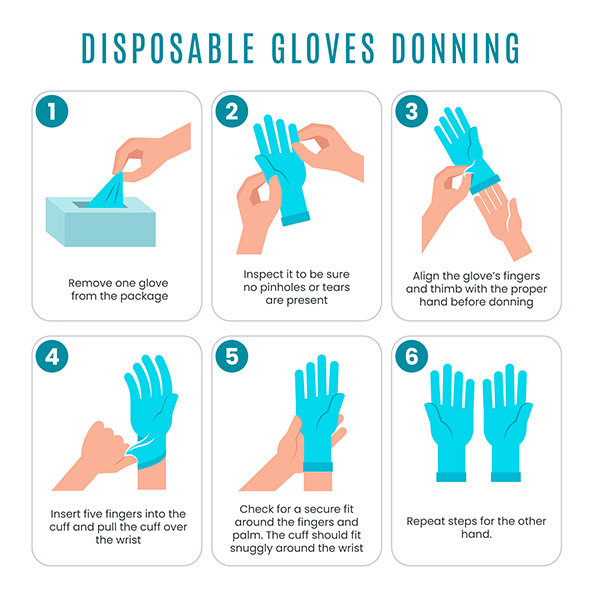
Disinfectant Surface Wipes
Hard surface disinfecting wipes are a must-have for restaurant washrooms and other areas.
They contain properties that can eliminate an array of contaminants. This includes viruses, bacteria, and fungi. This protection happens within 10 minutes or less of their initial application.
They also keep any new bacteria causing germs from forming on the applied surfaces. Hard disinfectant wipes are critical and preferred even in healthcare facilities. They can stop instances of cross-contamination and mass outbreaks. This is especially important for places with high human traffic.
Customers or employees can use them to clean and disinfect key areas. For example, washroom door handles, countertops, sinks, toilet flushers and even faucets.
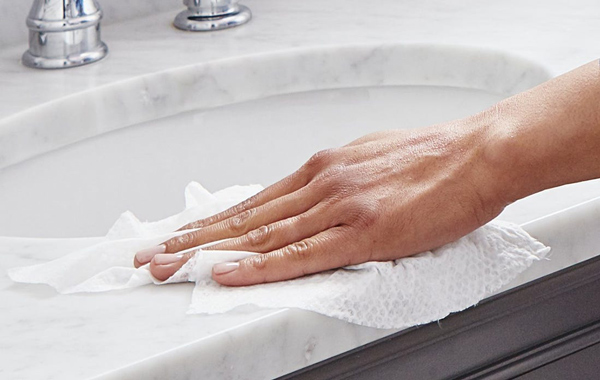
Hand Cleaning Sanitising Wipes
Alcohol-based sanitising wipes are the next best thing to soap and water.
Hand cleaning sanitising wipes can help clients to quickly refresh. After powdering their noses, for example.
Always remind your customers of the value of frequent handwashing. Post simple signs all around the restaurant to encourage this practice.
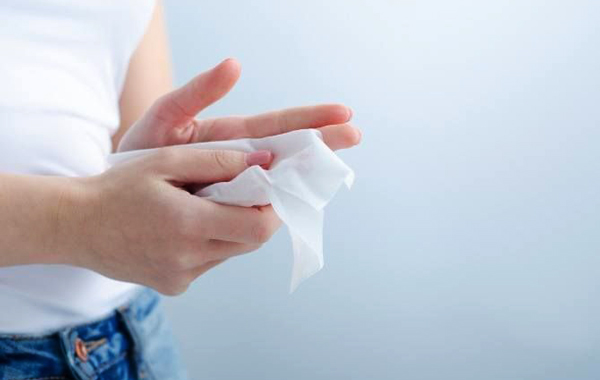
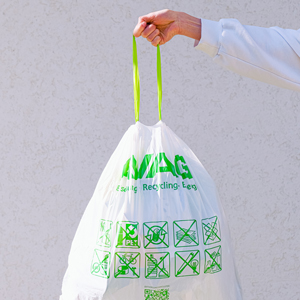
Bin liners or garbage bags are usually made of plastic, and used to line the inside of garbage bins.
They are lightweight and convenient. Use them to prevent the trash bins from becoming too messy with damp rubbish such as paper towels or wipes.
Bin liners are also useful in minimising odour and keeping the general area fresh. They also make the process of emptying the full bins very easy.
Trash Cans
Trash cans are essential in any restaurant washroom.
People use tissues, paper towels and other waste materials in the bathroom. Every bathroom has to have some form of a trash receptacle.
This goes a long way towards maintaining cleanliness. It also maintains safety and proper waste management and disposal.
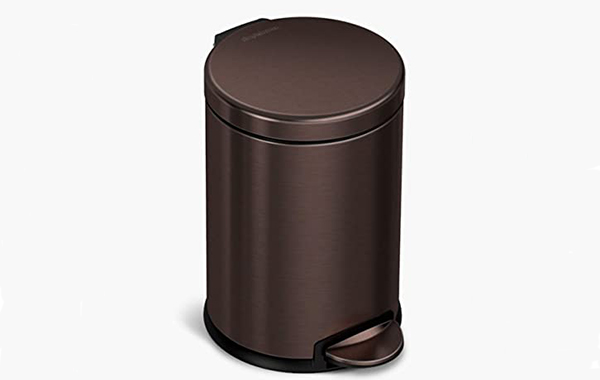
Toilet Paper
Toilet paper plays a huge part in enhancing personal hygiene. Access to it gives people a feeling of comfort and convenience. Customers expect washrooms to always have an adequate supply of high-quality toilet paper.
In a pilot study done by King-Casey, 100 restaurant-goers shared that they most prefer soft, absorbent toilet paper. The thin and waxy industrial type of toilet paper was the least prefered.
Restrooms act as a silent extension of your restaurant. So it’s important to incorporate customer preferences about this space.
Additionally, there’s a cost-saving benefit to providing high-quality toilet paper. Clients will need less toilet paper. There will be fewer cases of shredded waste paper strewn all over the bathroom floors. This is good for the environment.
Feminine Hygiene Products
Feminine hygiene products include personal care items such as:
- Sanitary pads
- Panty shields
- Tampons
- Menstrual cups
- Female wipes
- Period panties
In case of a feminine emergency, you should have these products in your restaurant’s washroom. This means not losing a valuable customer. They will not need to rush home or to the nearest store for help.
The added benefit to the customer is the ease of access. And freedom to enjoy their meals without distress. They will no doubt turn into a happy brand ambassador for your restaurant.
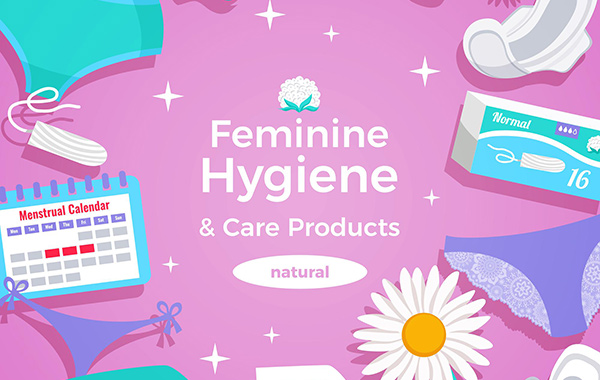
Feminine Hygiene Product Dispensers
To avoid the “freebie” temptation, businesses tend to instal coin-operated dispensers. This ensures that people only take what they need. It also discourages any instances of outside theft.
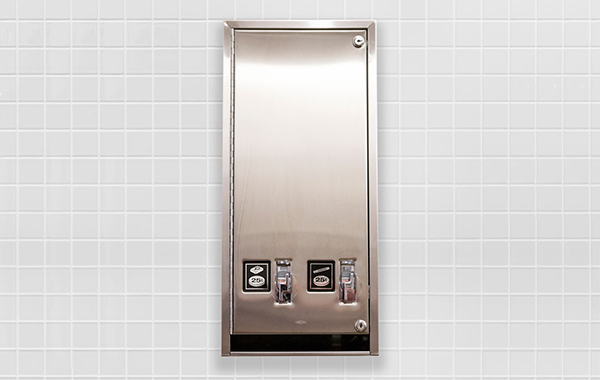
Commercial Paper Towels
Paper towel dispensers make hand drying a convenient affair. They curb the spread of germs because wet or damp hands tend to attract germ causing bacteria.
One of the worst, but most common restaurant washroom issues is the lack of toilet rolls. This can be tactfully avoided by installing a jumbo holder. Restaurants may also use any other type of dispenser that can store a suitable quantity.
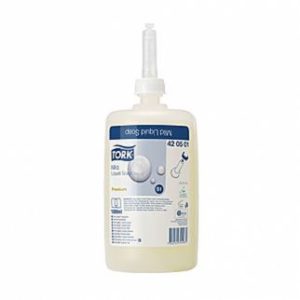
People frequently and unconsciously touch their faces, eyes, noses, and mouths. This is the fastest way to get infected by germs and viruses.
Due to the reduced contact with the soap itself, soap dispensers reduce the spread of germs. Bacteria or viruses among people. They have other advantages such as:
Hand Sanitisers
They are usually in a liquid, foam or gel consistency. In most cases, hand sanitisers are used where soap and water are unavailable. But they are a necessary addition to a restaurant washroom for cases such as:
Automated hand sanitiser dispensers go the extra mile in preventing waste. They usually release a uniform amount per activation. These kinds of dispensers encourage usage from customers and children alike. They make it fun and simple, which means more people with cleaner hands.
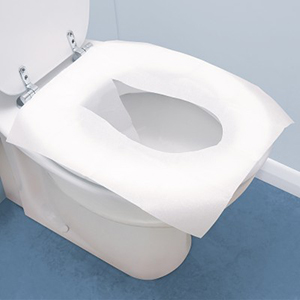
Restaurant washrooms are used by a high number of people. So toilet seat covers are a worthwhile investment. They are quite easy to use and flush down the toilet afterwards.
Automated toilet seat cover dispensers are all the rage today. The main benefits of using automated versus manual dispensers are:
They are a necessary item in restaurant washrooms. Families tend to form the largest dining demographic. Without this convenient tool, a restaurant risks losing out on paying customers.
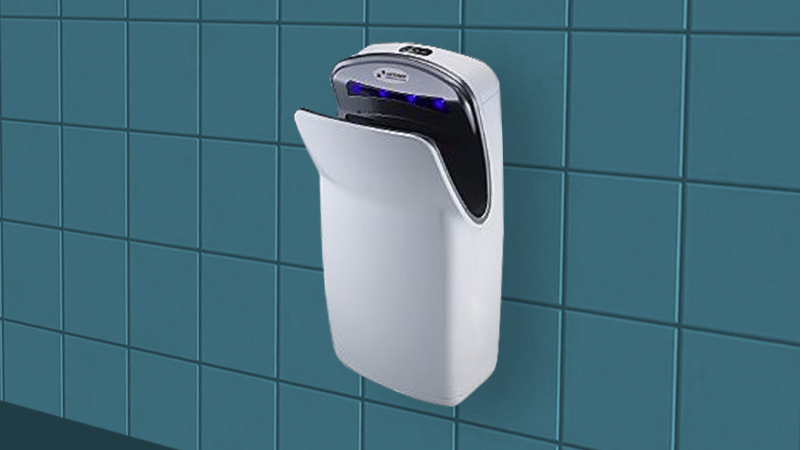
Automatic Air Fresheners
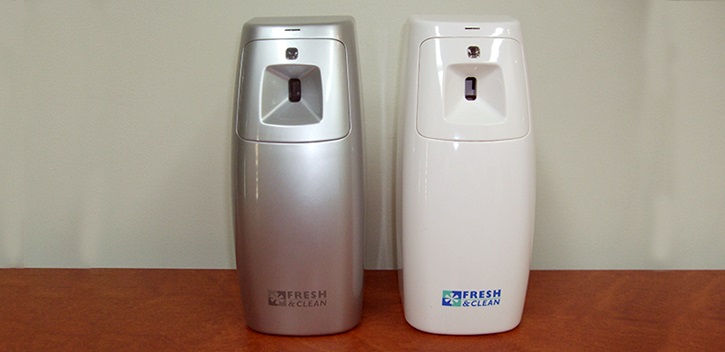
Urinal deodorisers are small, brightly coloured and scented disinfectant blocks placed inside urinals. They come in various shapes and colours.
Automatic Toilet Flushers
Our deep cleaning solution covers every corner of your restaurant washroom. We leave everything sparkling clean. There will be no room for bacteria to reemerge. We always maintain New Zealand business cleaning standards.
